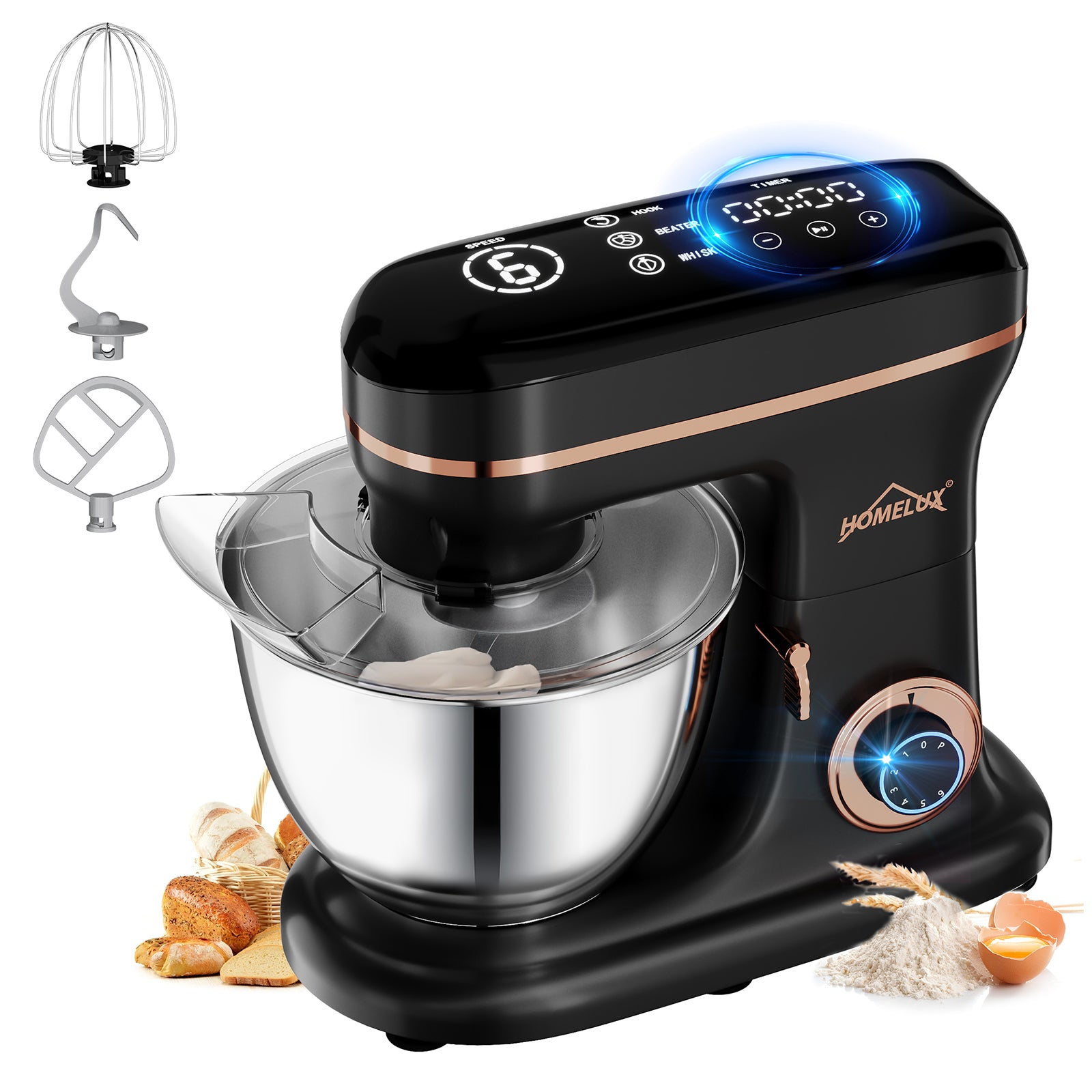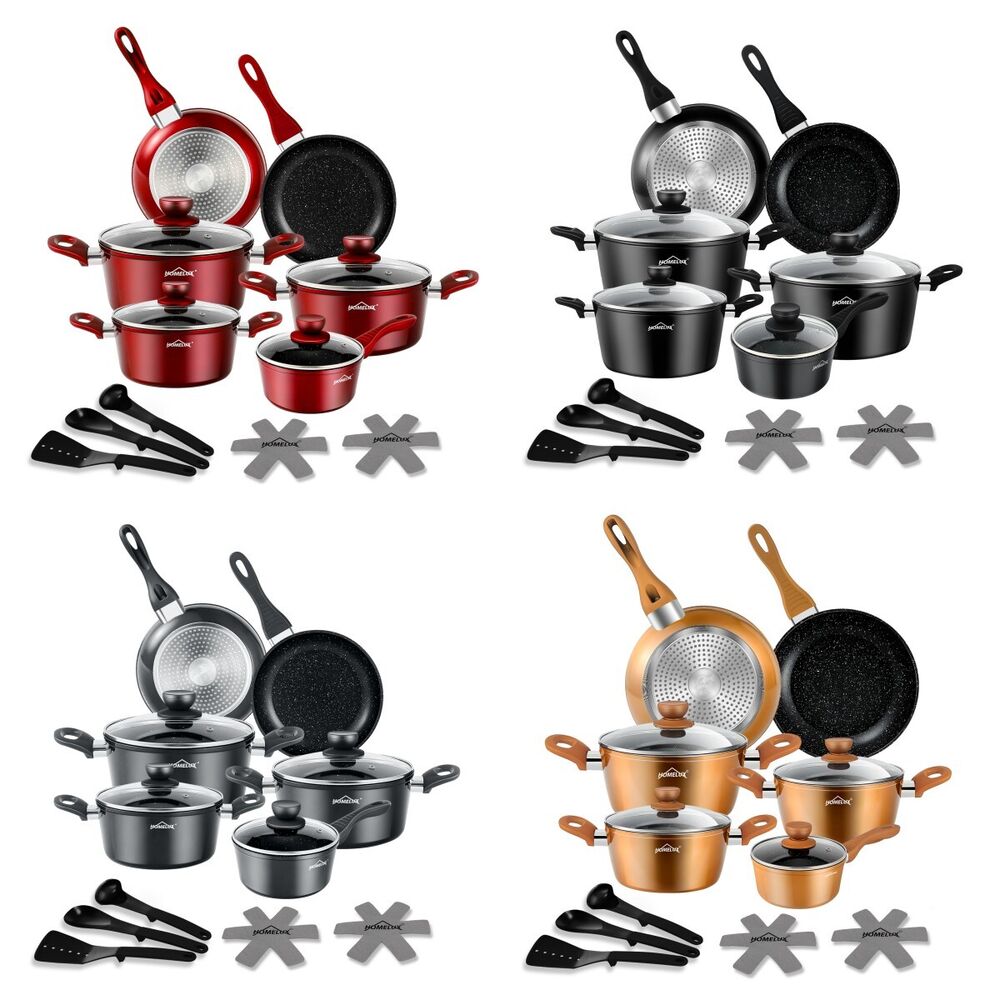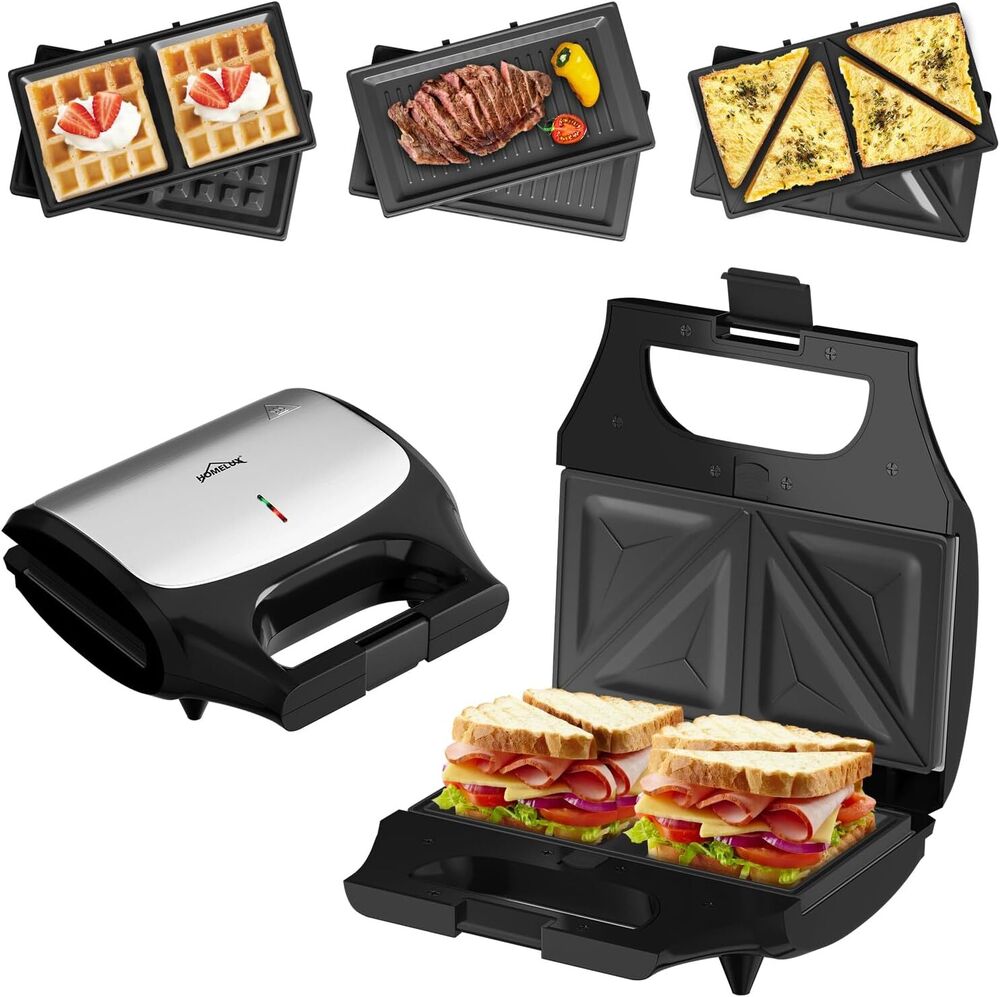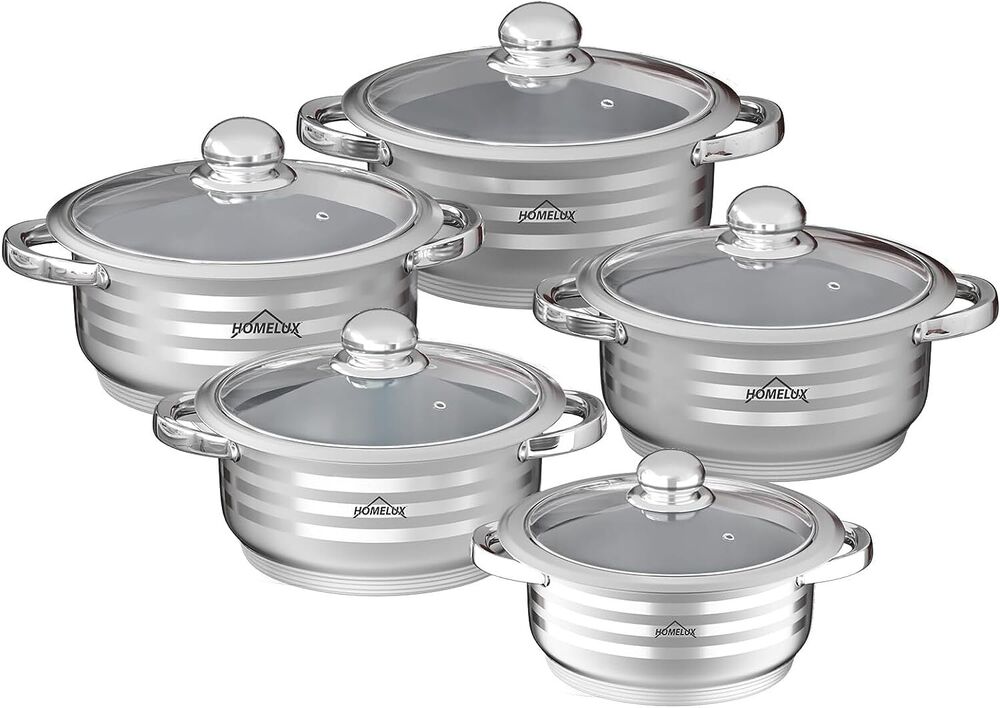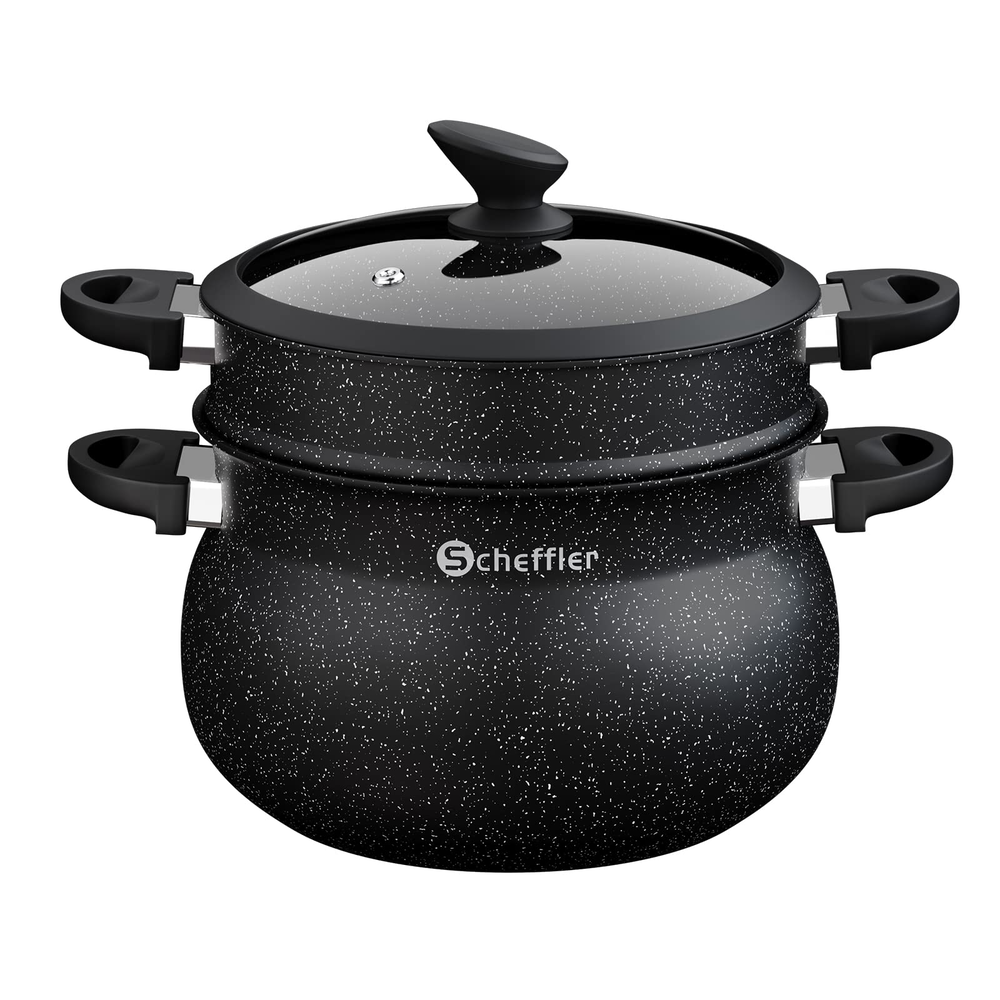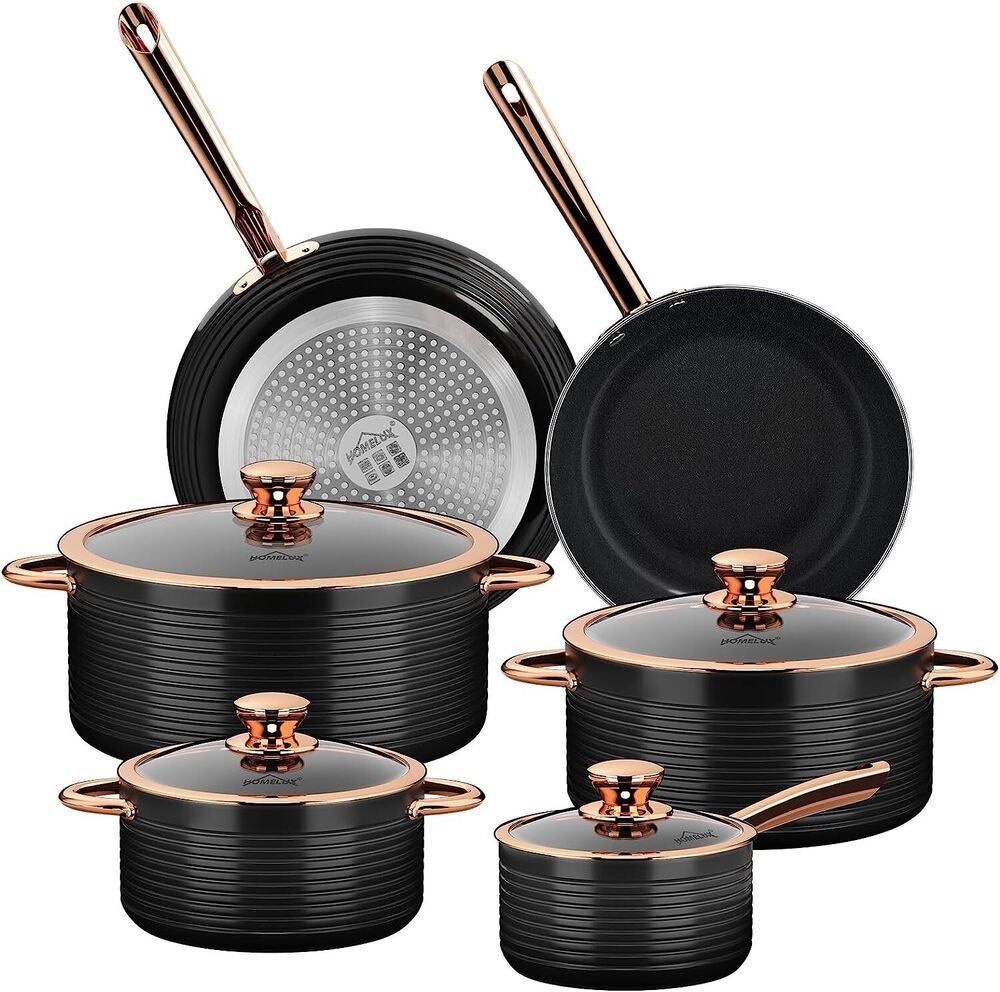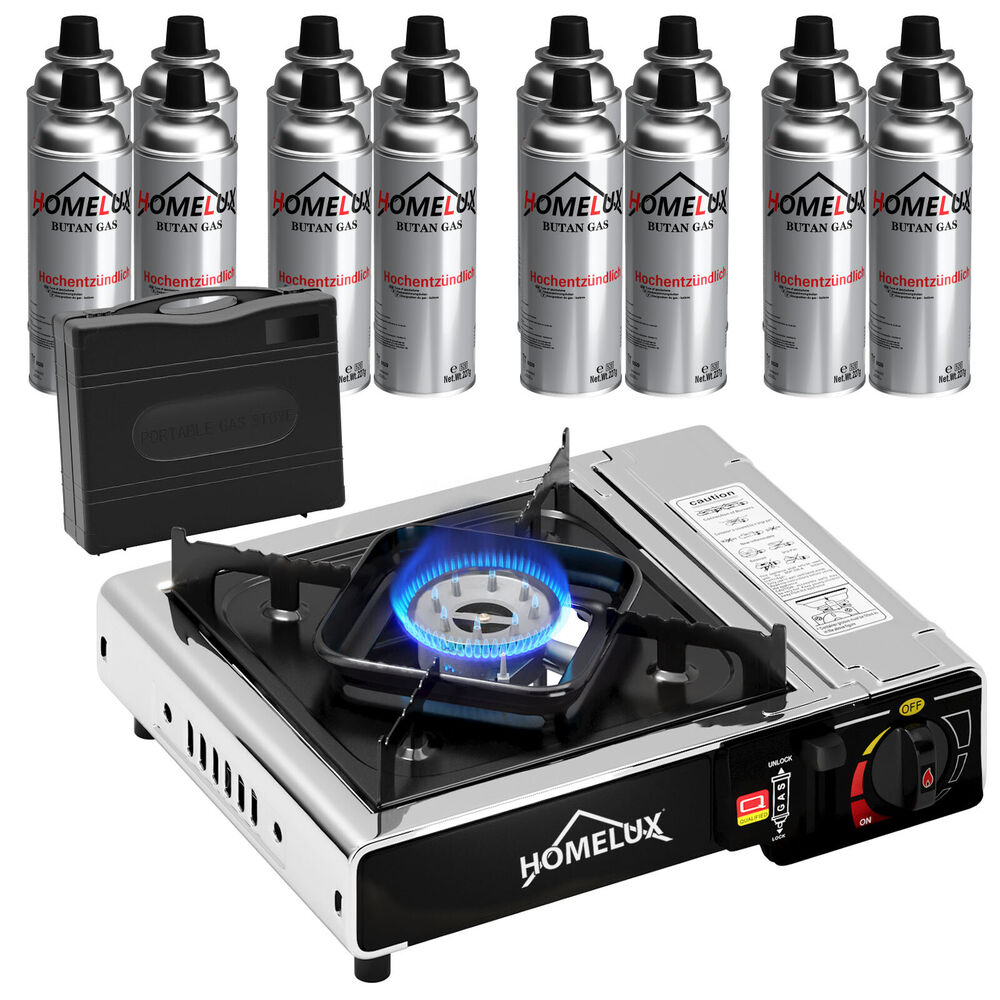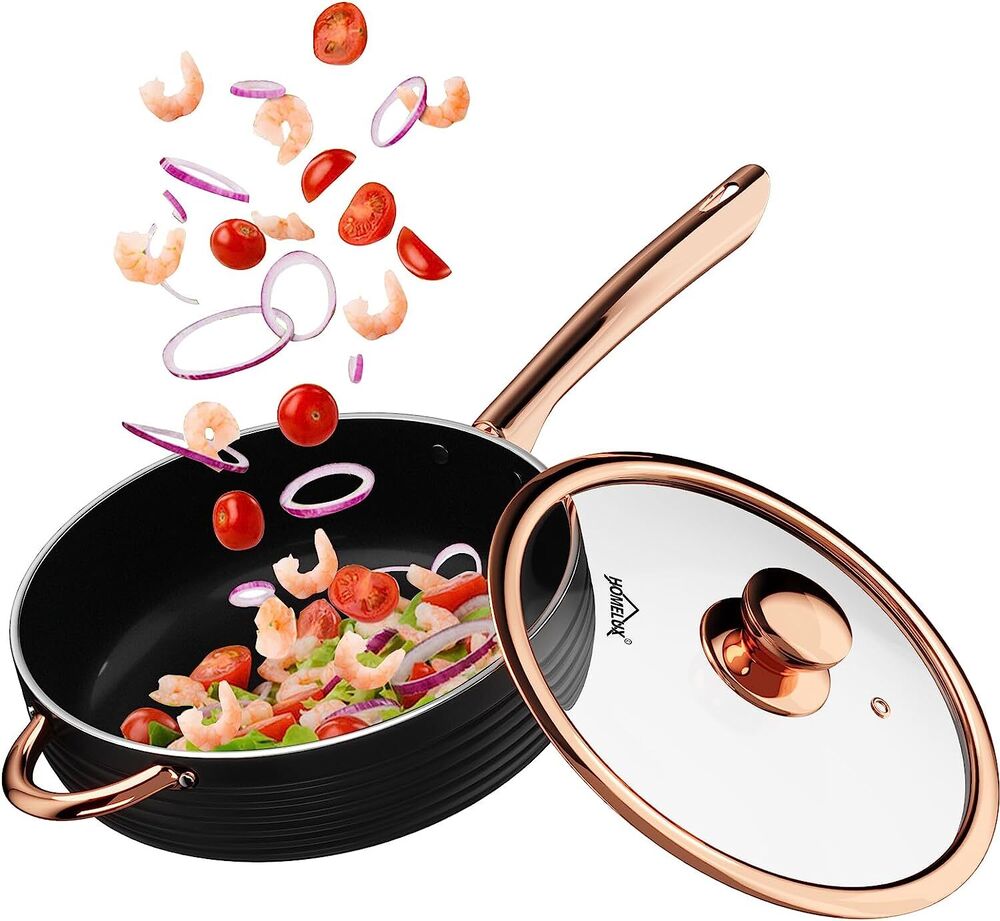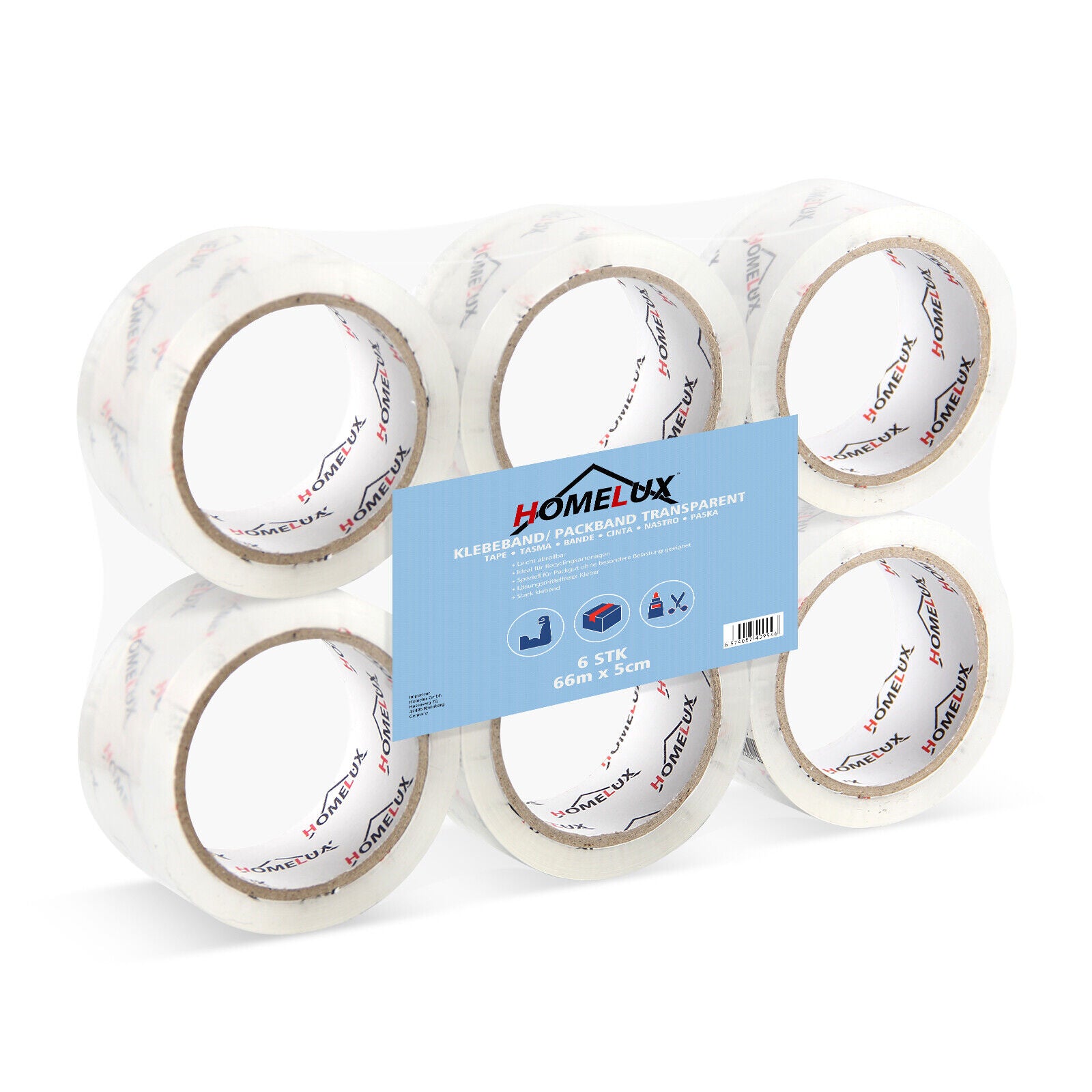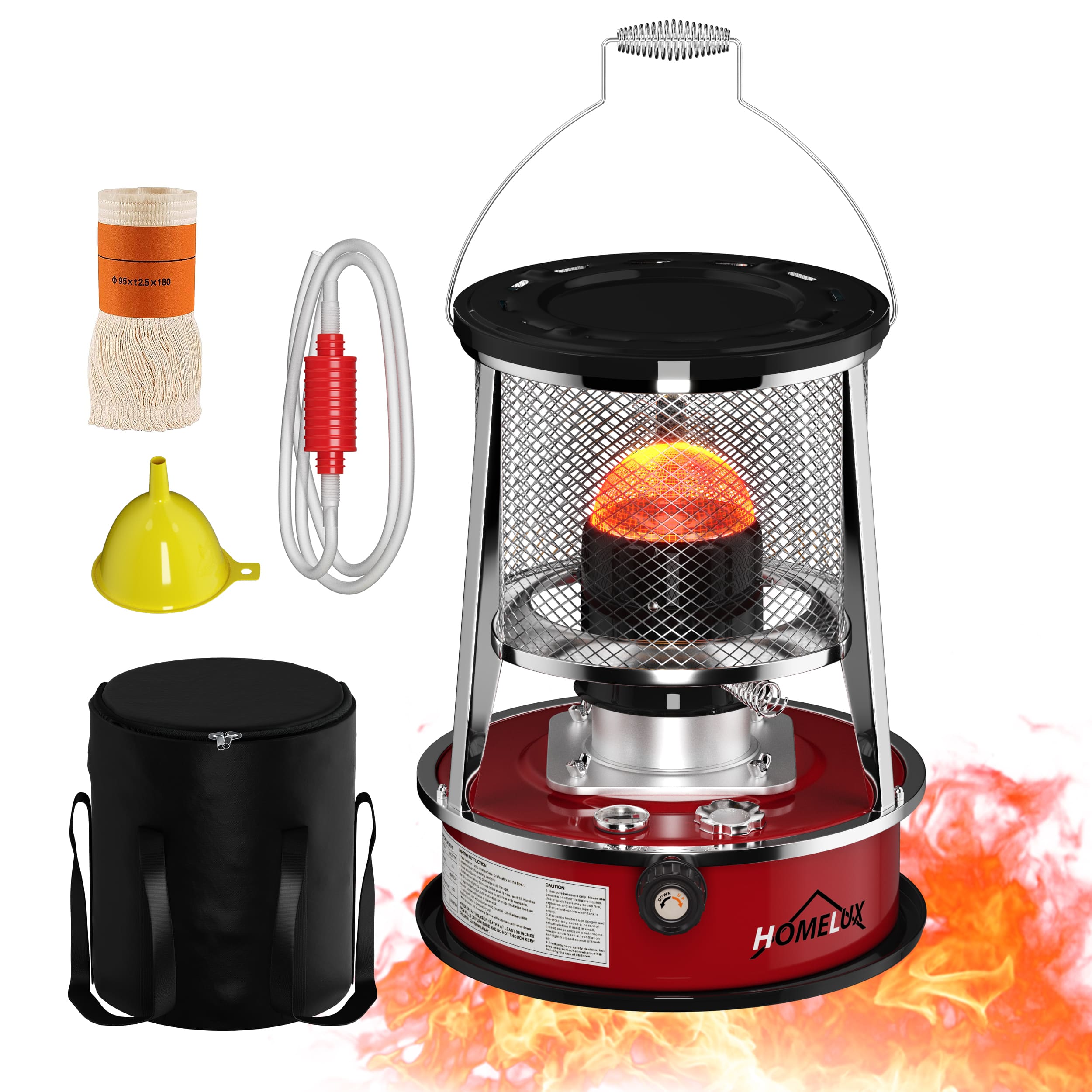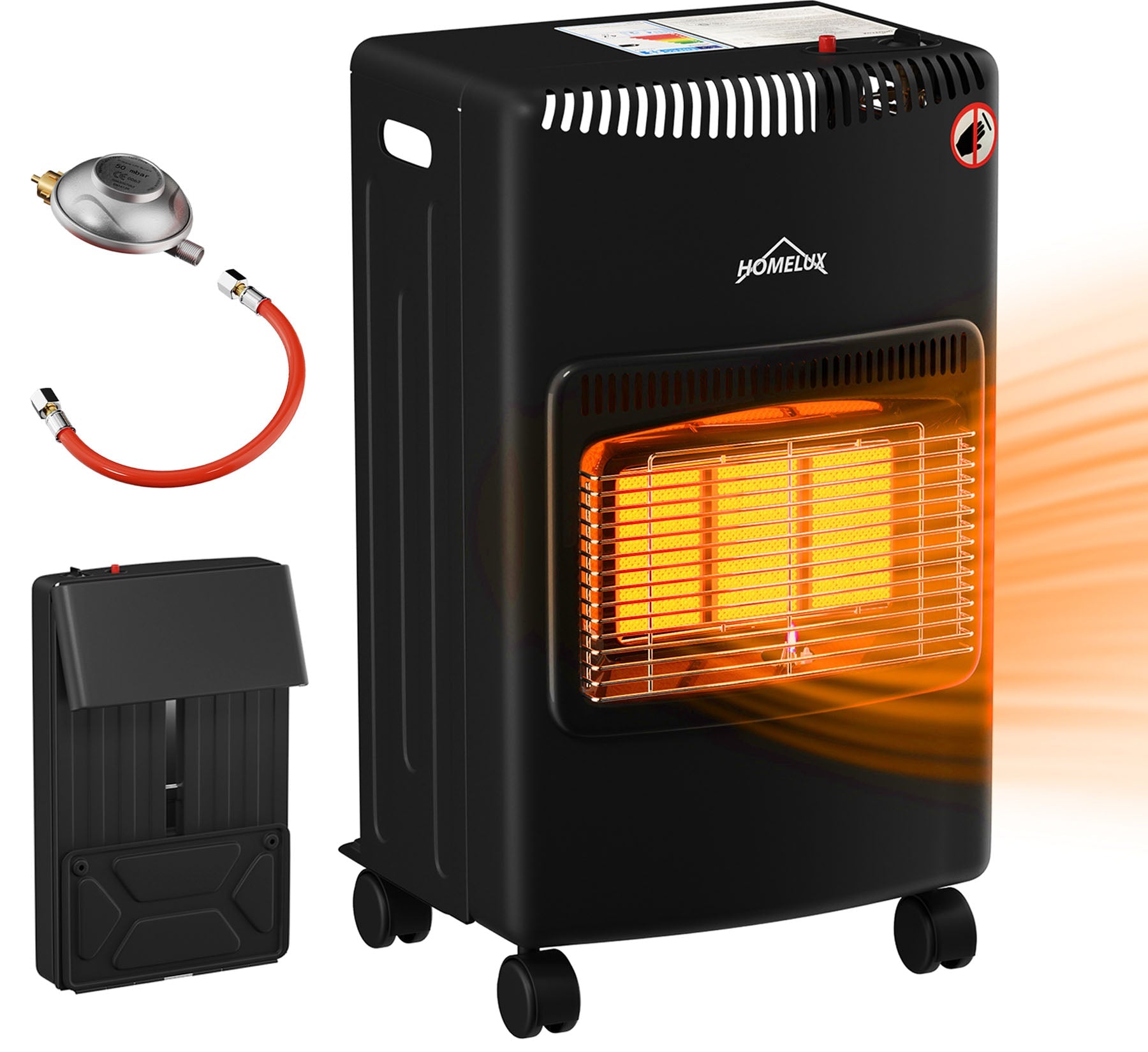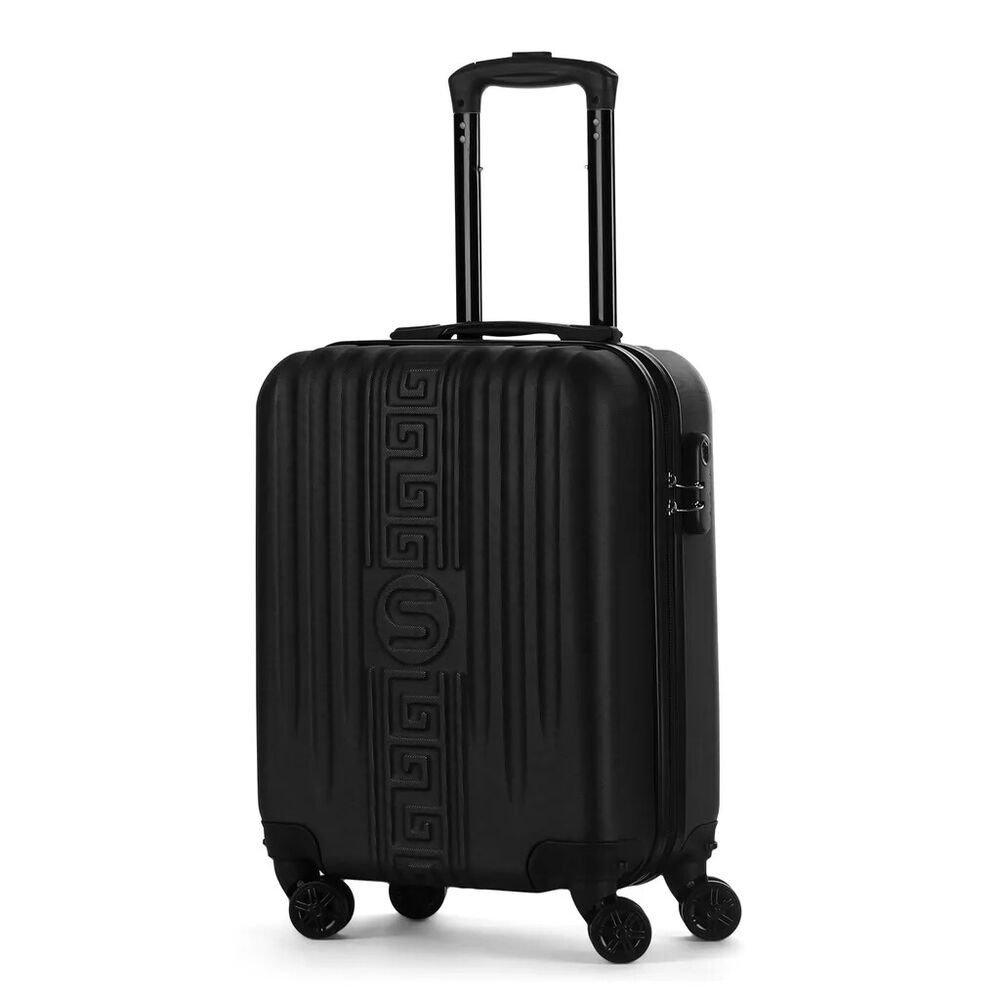Where does the food taste better? Restaurant chains vs. owner-operated restaurants
In today's world where the restaurant industry is constantly evolving, many people are wondering whether the food tastes better in chain restaurants or in small, owner-operated restaurants. This debate is not only limited to taste, but also to atmosphere, quality and personal experience.
Deciding whether food tastes better at chain restaurants or small, independently owned restaurants comes down to personal preference. Chain restaurants offer consistency and availability, while independently owned restaurants offer originality and a more personalized experience. Both options have their own strengths and weaknesses, and it's important to consider your own expectations and needs when making a decision.
Restaurant chains: The advantages
- Consistency: Restaurant chains offer a certain level of quality assurance because their dishes are prepared according to a standard recipe. This means that customers can rely on a consistent level of quality.
- Availability: Since restaurant chains often have numerous locations, it is easier for customers in different cities to access them.
- Pricing: Often times, prices in restaurant chains are more competitive due to large volumes and efficient cost structures.
Restaurant chains: The disadvantages
- Standardization: The consequence of consistency is often that the food in restaurant chains has a certain degree of standardization, meaning it may not be as unique or regionally influenced.
- Lack of individuality: Restaurant chains can lose the personal atmosphere and charm of smaller restaurants due to their size and focus on efficiency.
- Resource consumption: The high demand for food in restaurant chains can lead to higher resource use, raising environmental concerns.
Owner-operated restaurants: The advantages
- Originality: Owner-operated restaurants often offer a unique experience because they are characterized by the creativity and taste of their chef.
- Personality: These restaurants often have a more personal atmosphere because they are run and designed by their owner.
- Quality of ingredients: Owner-operated restaurants can often focus on high-quality, local ingredients, which can result in better flavor.
Owner-operated restaurants: The disadvantages
- Price: Since costs are often higher in smaller restaurants, this can be reflected in the prices of the dishes.
- Availability: Owner-operated restaurants are often less common and therefore may be less accessible.
-
Unpredictability: Quality and taste may vary from day to day, which poses a risk for some customers.

Q&A
- Which type of restaurant is cheaper?
- Restaurant chains are often cheaper because they benefit from large volumes and efficient cost structures. Owner-operated restaurants may have higher prices due to higher operating costs.
- Which restaurant offers a better atmosphere?
- Owner-operated restaurants often offer a more personal and unique atmosphere because they are designed by the owner himself. Restaurant chains are usually less individual in their decor.
- What about the quality of the ingredients?
- Independently operated restaurants often place greater emphasis on high-quality, local ingredients, while chain restaurants often use standardized ingredients to ensure consistency.


